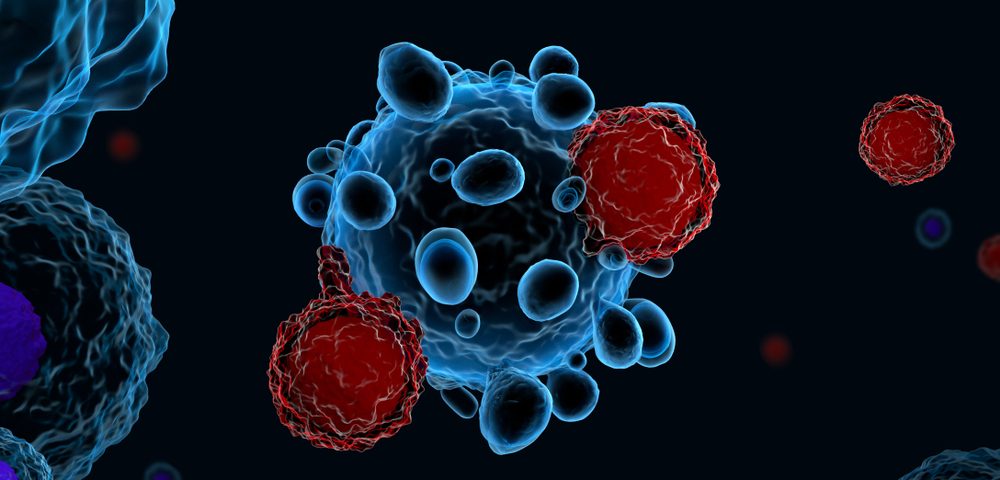A recent collaboration between Celyad and Horizon Discovery Group hopes to develop new off-the-shelf CAR T-cell therapies using Horizon’s short hairpin RNA (shRNA) platform. This will be Celyad’s second non-gene-edited donor-derived platform.
Standard CAR T-cell therapies use a patient’s own cells and modify them in the lab to recognize cancer cells once injected back into the patient. The approach has shown promise in multiple cancer types — two of these therapies, Yescarta and Kymriah, are already approved for lymphoma and leukemia — but researchers aren’t always able to collect enough cells to make the treatment.
Celyad is working to develop new kinds of CAR T-cells that, instead of being collected from patients, are derived from healthy donors. The company’s first allogeneic (donor-derived) CAR T-cell therapy, CYAD-101, is being developed for nearly 80 percent of all cancers.
These cells produce a receptor called NKG2D that binds with eight different ligands naturally present in cancer cells. These ligands are also produced by the blood vessels that feed the tumor and immunosuppressive cells, suggesting that CYAD-101 could work on multiple fronts.
Because it is derived from genetically different individuals, cells in CYAD-101 also carry a molecule that prevents the patients’ immune system from recognizing them as foreign.
Because cells are collected from healthy donors, this allogeneic therapy facilitates the production of “ready to use” CAR T-cell therapies while retaining high anti-cancer activity.
Now, taking advantage of Horizon’s shRNA technology, Celyad plans to develop a second allogeneic CAR T-cell therapy candidate for treatment of cancer. shRNA are small pieces of RNA that form a hairpin (a loop of DNA and RNA) and prevent the production of certain genes.
“Horizon’s collaboration with Celyad is designed to let Celyad find a highly effective solution for its needs,” Jon Moore, CSO of Horizon Discovery, said in a press release. “We see enormous promise in cell therapies and are committed to develop and supply innovative technologies that allow our partners to bring transformative cell therapies to the clinic and fulfil unmet clinical needs.”
Following promising data from preclinical studies, Celyad is launching a Phase 1 trial (NCT03692429) to study the safety and efficacy of CYAD-101 in colorectal cancer.
Preclinical results on CYAD-101 and on the versatility of the shRNA platform for the development of allogeneic CAR T-cell therapies will to be presented at the 2018 Society for Immunotherapy of Cancer (SITC) Annual Meeting, Nov. 7-11, in Washington, DC.
“We are excited to have the opportunity to leverage Horizon’s shRNA platform to further advance our pioneering approach to non-gene-edited allogeneic CAR-T cells.These [preclinical] data provide proof of concept for our shRNA based non-gene-edited allogeneic approach,” said Christian Homsy, MD, CEO of Celyad.


